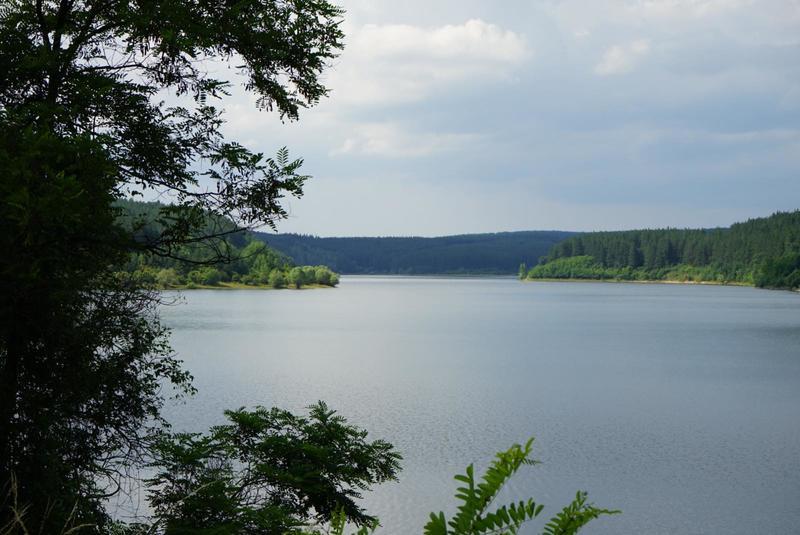The MOEW allocates water resources in a balanced way and calls for reducing losses and providing alternative sources for irrigation
02 Jul, 2024 | 10:06The MOEW manages the water of 52 complex and significant dams, monitoring their status on the basis of daily information from the companies that operate them and the related facilities. Information on the available water volumes, according to the data submitted by the operating companies, is published daily on the MOEW website (under Press Centre, MOEW Bulletins, Water, Daily Bulletin).
The allocation of water from these reservoirs is carried out in accordance with issued water abstraction permits and the annual and monthly schedules approved by the Minister of Environment and Water, in compliance with the priorities set out in the Water Act. Requests are granted in the following order - for drinking, agricultural and finally industrial, recreational and hydropower purposes.
Recent years have seen climate change affecting water quantity and these effects are noticeable throughout the year. At present, the following reservoirs, which normally use significant volumes of water for irrigation, are at alarmingly low levels compared to previous years, given the lack of spring high water and another very dry year (i.e. a year with a recorded inflow of 95%): Lake B. "Yastrebino" dam, "Ticha" dam, "Topolnitsa" dam, "Koprinka" dam, "Zrebchevo" dam, "Domlyan" dam, and “Pyasachnik" dam.
In this regard, the MOEW has repeatedly from the beginning of the year signalled the Ministry of Agriculture and Food (MAF) and Irrigation Systems EAD about the alarmingly low filling of some of the dams, from which significant volumes of water are used for irrigation. The MOEW also informed of the need to take all necessary actions to accumulate water volumes in the dams, reduce losses in the irrigation canals and prevent water wastage.
At a meeting held at the MOEW on 14.03.2024 before the start of the irrigation season, the representatives of Ministry of Agriculture and Food and Irrigation Systems EAD were again informed that to ensure water abstraction during the year for the dams with low volume and low inflow, the volumes will have to be reduced.
According to NIMH data, in July 2024 the monthly average temperature is expected to be higher than normal, suggesting the need for increased water consumption. Significant rainfall is also not expected according to the forecast.
However, the irrigation needs for agricultural crops have been accounted for in July and the allocated water volumes for irrigation are within the approved annual schedule for very dry year conditions (95% availability).
However, we note that with the continuing trend of low inflows to the dams and increased water consumption, the water supply for this and next year cannot be guaranteed with the currently available water volumes. Due to the alarmingly low level of reservoir filling, the MOEW will seek to allocate the remaining water resource and release the water volumes available in the reservoirs according to the annual schedule of the respective inflow availability and NIMH forecasts.
For the dams, that provide drinkable water, priority will be given to water for the provision of drinking and domestic water supply. This is the case of the “Yastrebino” dam, which provides the drinking water supply for Antonovo, for residence neighbourhood Erevish, and for 9 villages in the area of Omurtag. The “Ticha” dam is also used for the drinking water supply of Shumen, Veliki Preslav, and Targovishte.
The Ministry of Agriculture and Food and Irrigation Systems EAD should take measures to provide additional water from alternative sources and to increase the efficiency of water abstraction.
The actions by the MOEW are aimed at a balanced allocation of the available resources and at promoting its sustainable use and conservation, as the monthly schedules only ensure an even distribution of the remaining resource in the reservoirs, without guaranteeing water consumption with the necessary level of security. The MOEW manages the water stored in the complex and significant dams in accordance with the regulatory requirements and for equitable distribution of the natural resource. In the interest of society and to protect the health of the population, the MOEW appeals to the responsible authorities to find a long-term solution to the problems of irrigation for agricultural crops.
